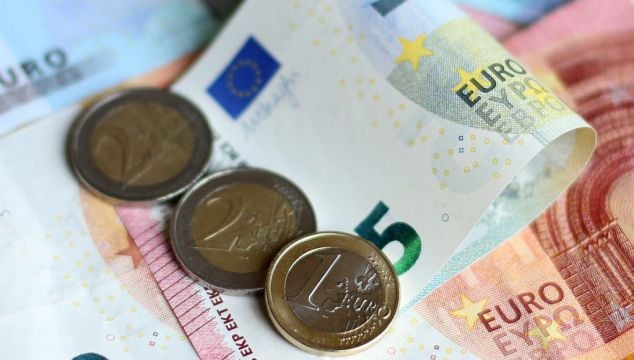The European Union’s executive commission has slashed its forecast for economic growth next year.
It said the 19 countries using the euro will slide into recession over the winter as peak inflation hangs on for longer than expected and high fuel and heating costs erode consumer purchasing power.
The European Commission’s autumn forecast, released on Friday, predicts falling economic output in the last three months of this year and the first months of 2023.
It says high energy prices, a rising cost of living, higher interest rates and overall uncertainty “are expected to tip the EU, the euro area and most member states into recession in the last quarter of the year”.
The growth forecast for all of 2023 was lowered to 0.3 per cent from 1.4 per cent expected in the previous forecast from July.
“Growth is expected to return to Europe in spring, as inflation gradually relaxes its grip on the economy,” the report said.
“However, with powerful headwinds still holding back demand, economic activity is set to be subdued.”
The worst performer next year is likely to be Germany, Europe’s largest economy and one of the most dependent on Russian natural gas before the war in Ukraine.
Gas and electricity prices have soared as Russia has dialled back supplies to Europe to a mere trickle of what they were before the invasion of Ukraine.
Germany was expected to see output shrink by 0.6 per cent over the next year.
Inflation will peak later than expected, near the end of the year, and will lift the average rate to 8.5 per cent for 2022 and to 6.1 per cent for 2023 in the eurozone.
That is an upward revision of nearly one percentage point for 2022 and more than two points for 2023.
Two consecutive quarters of falling output is one common definition of recession, although the economists on the eurozone business cycle dating committee use a broader set of data including employment figures.
The commission indicated the job market is likely to hold up relatively well despite shrinking output over the winter, forecasting an increase in the unemployment rate from 6.8 per cent this year to 7.2 per cent next and a decrease to 7 per cent in 2024.







